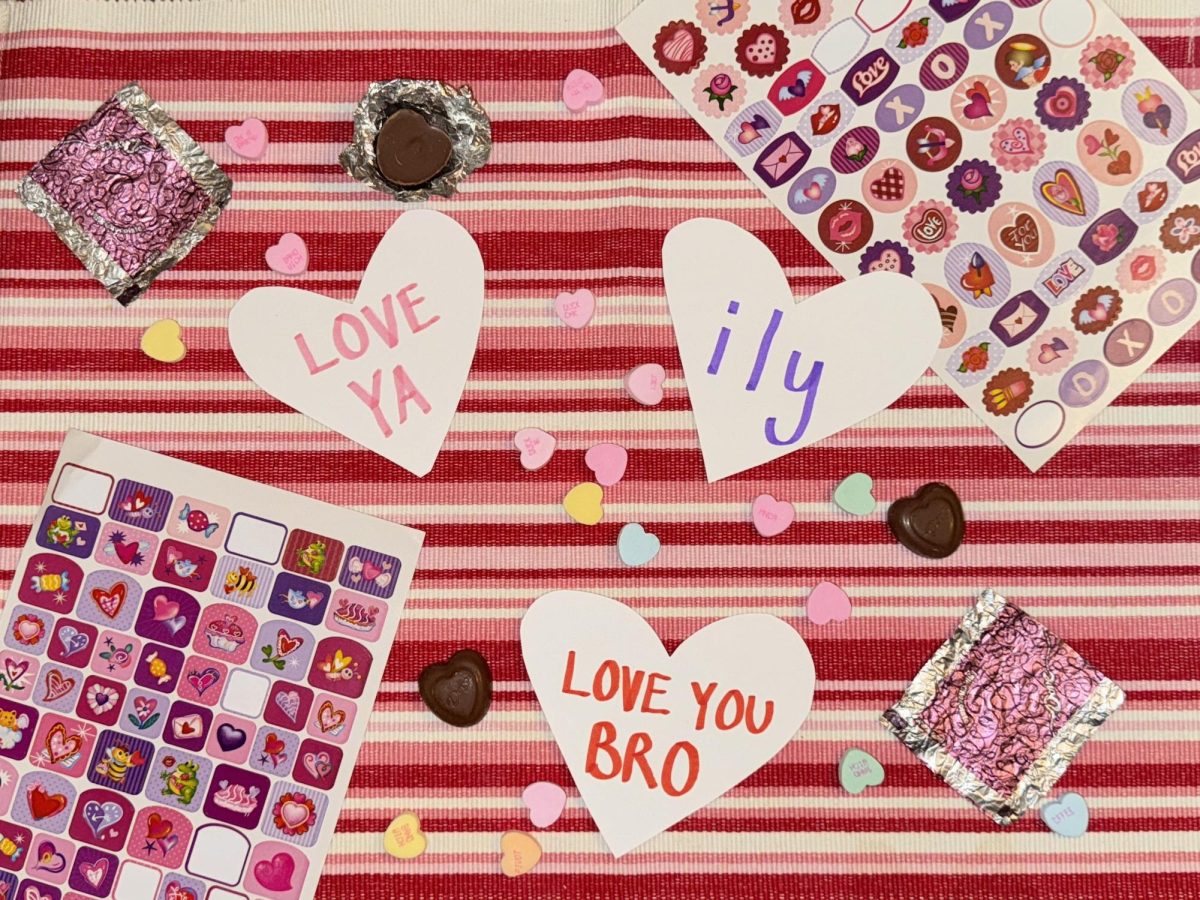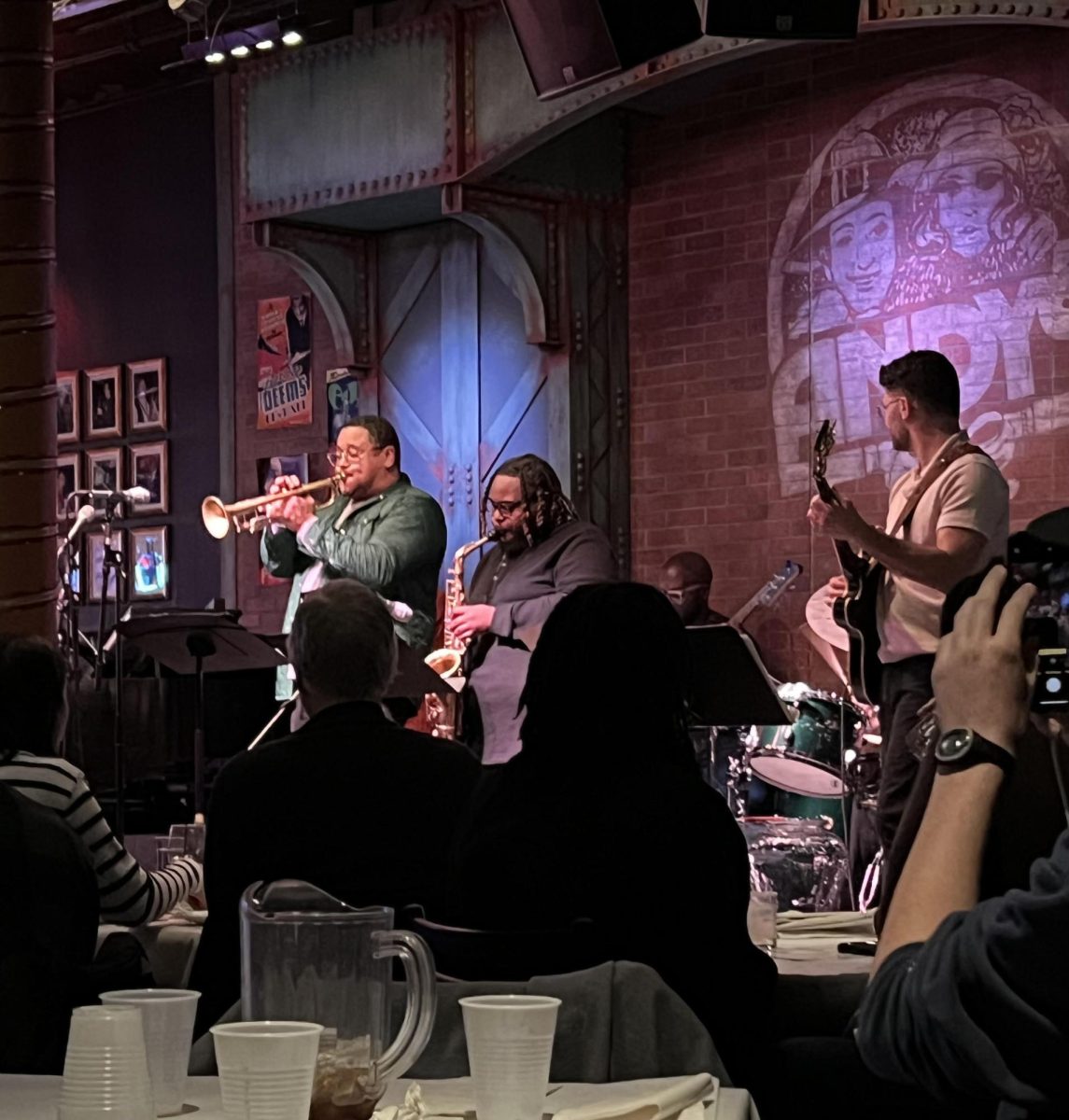This year, Valentine’s Day spending in the United States is expected to reach $185 per person, or $25.8 billion in total spending. As Americans plan to express their love for all of the important people in their lives, they might also find themselves worrying about how to conclude their heartfelt letters and messages.
In an era marked by constant connectivity, one profound phrase seems to be fading into the background– the simple, yet powerful “I love you.” The sentiment that once flowed effortlessly in conversation now faces abandonment, leaving many to ponder the possible explanations for this stark shift in emotional expression.
In a world dominated by digital communication, the art of articulating deep emotions seems to be disappearing.
The ease of sending a light-hearted GIF or a brief, emoji-laden message has replaced the sincerity embedded in those three cherished words. Text messages and social media comments provide a quick and efficient means of staying connected, but they often lack the emotional depth present in face-to-face or vocal communication. The ease of sending a quick text can overshadow the importance of investing time and energy into articulating one’s emotions verbally.
Senior Natalie Weyrick believes that saying “I love you” in person is much more impactful than doing so over text.
“I most definitely prefer saying “I love you” in person. Looking someone in the eyes and saying that to them has a way bigger emotional impact than sending a quick text… It’s also a lot harder and more vulnerable to say “I love you” face to face with the person, which makes it so much more meaningful,” Weyrick said.
Additionally, societal shifts in attitudes towards vulnerability might be playing a role in the gradual abandonment of saying “I love you.”
The fear of exposing one’s emotions and the vulnerability associated with saying “I love you” seem to have paved the way for more casual alternatives for the sentiment, such as “love ya” or “love you, bro.” The transition from the weighty three-word expression to its abbreviated counterparts reflects a cultural evolution in how individuals navigate emotional intimacy. Saying “love ya” or “love you, bro” can be seen as a strategic move to soften the impact of the sentiment.
The rise of these alternatives also reflects damaging societal norms in male friendships.
The inclusion of “bro” or other informal terms injects a sense of camaraderie, making the statement more palatable within the context of male friendships, where traditional notions of masculinity have often discouraged vulnerability. Some men may fear that their emotional authenticity will be met with skepticism and mockery, so they use these less formal expressions to avoid exposing themselves to the discomfort associated with deeper emotional connections.
Verbalizing love and appreciation is not only important in male friendships, but in all platonic relationships.
When people openly express their love to their friends, they can break down emotional barriers. Having the courage to say “I love you” to a friend signifies a willingness to be vulnerable, reinforcing the trust within the relationship. Those three cherished words can become a beacon of emotional support, reminding friends that they are seen, heard, and deeply cared for.
Junior Ava Neitzel enjoys leading Spartan Assembly’s yearly Crush and carnation fundraiser because it allows students and staff to express their love and appreciation for all of the important people in their lives, not just their significant others.
“The point of Valentine’s Day is to showcase your appreciation for anyone you care for in your life whether they’re platonic or romantic… If we were to count the amount of flowers and Crush cans sent to friends in comparison to those sent to romantic counterparts, the number of gifts for friends would more than double that of the latter,” Neitzel stated.
In the hustle and bustle of daily routines, it’s easy to take the support and companionship of friends, family, and colleagues for granted. Vocalizing gratitude for these people ensures that these connections remain vibrant, and serves as a reminder of the inherent value human connection brings into the world.
Every Valentine’s Day, Weyrick emphasizes the importance of human connection by creating Valentines and giving them to strangers in the hallway.
“I’m 99.6% sure that there are tons and tons of people who have never received a valentine in their life; I think that’s really sad, and I want to fix it… I do not want anyone to feel alone, I want them to know that someone is thinking of them. I want them to have a great day and feel loved, because that’s what Valentine’s Day is all about: love!” Weyrick explained.
As people navigate a world saturated with materialistic, surface-level expressions of affection, they must remember the enduring power of words. The expression “I love you” transcends romantic boundaries and resonates in the platonic connections that shape people’s lives. When people vocalize their love, they contribute to a world where compassion and appreciation flourish, extending well beyond the confines of a single day.
















Kaleigh • Feb 22, 2024 at 9:06 pm
I completely agree. In this generation especially, saying “I love you”, or any form of vulnerability has become so rare.
Folu Adekunle • Feb 19, 2024 at 11:15 pm
I also I feel like articulating deep emotions has become obsolete.
Alex • Feb 19, 2024 at 9:12 pm
I think that using your words is always the best way to convey your feelings. Sending gifs and emojis just sounds like a lazy way to get a point across